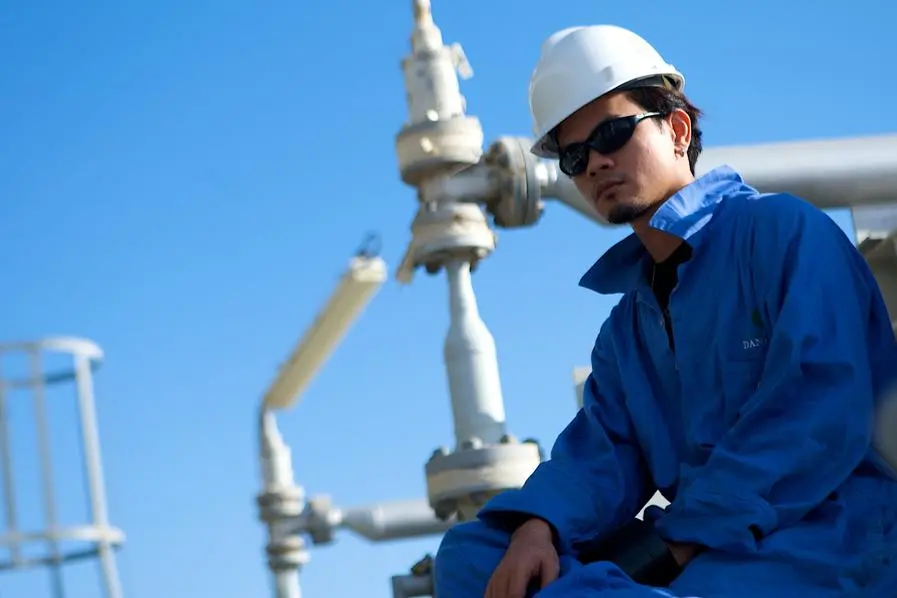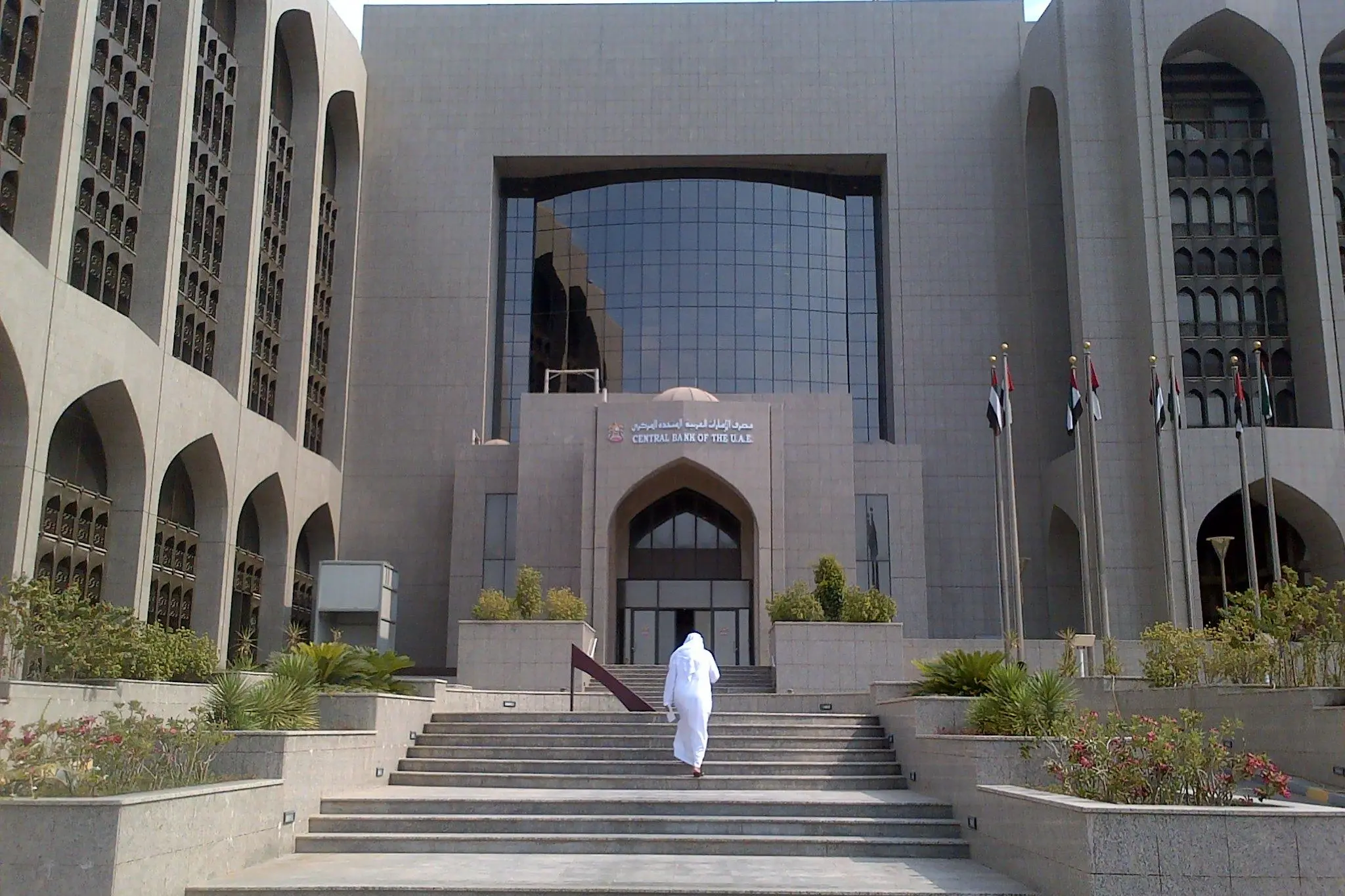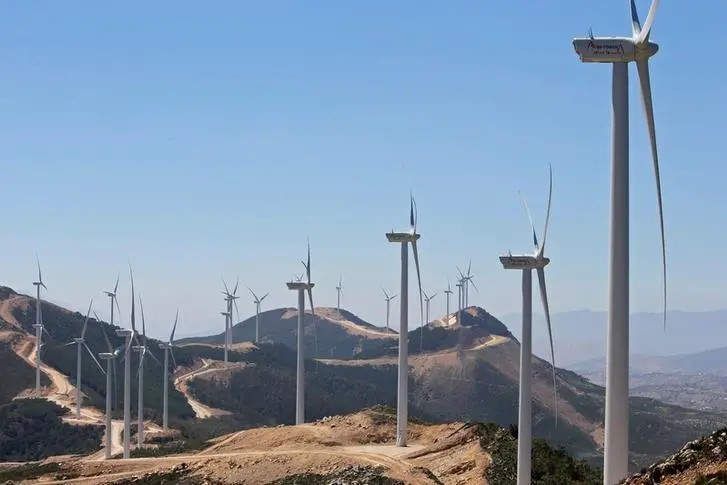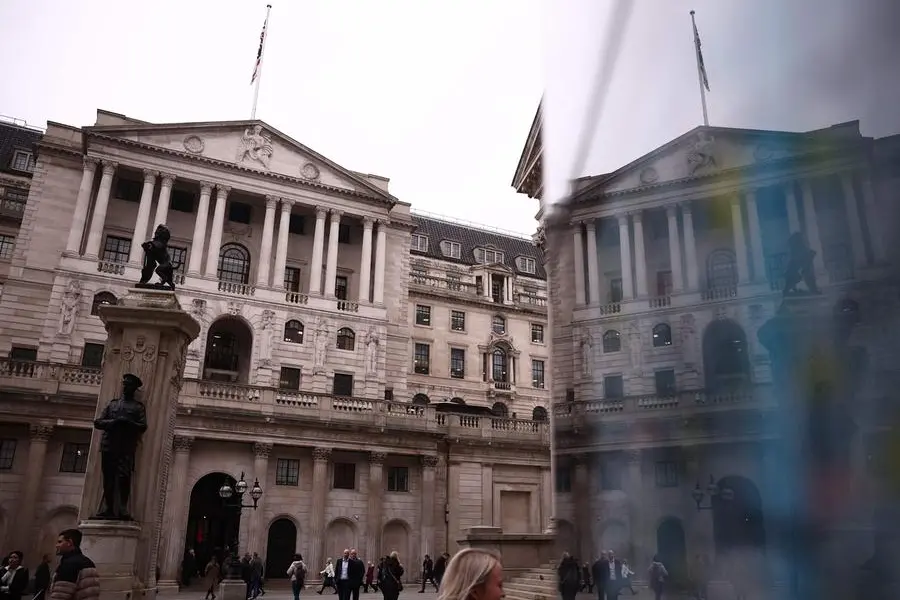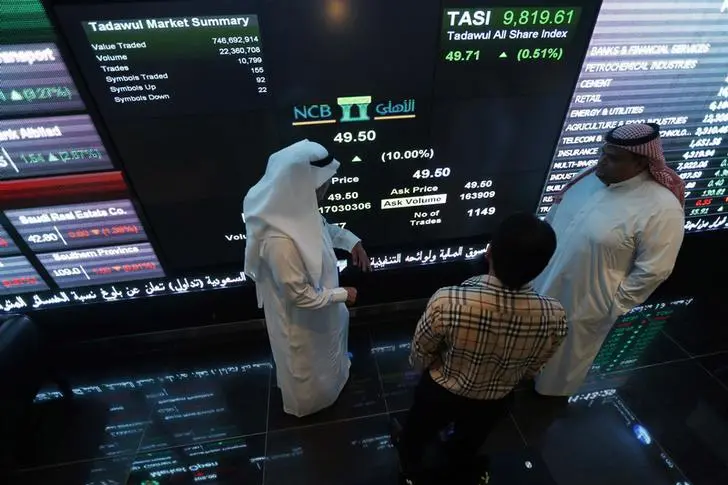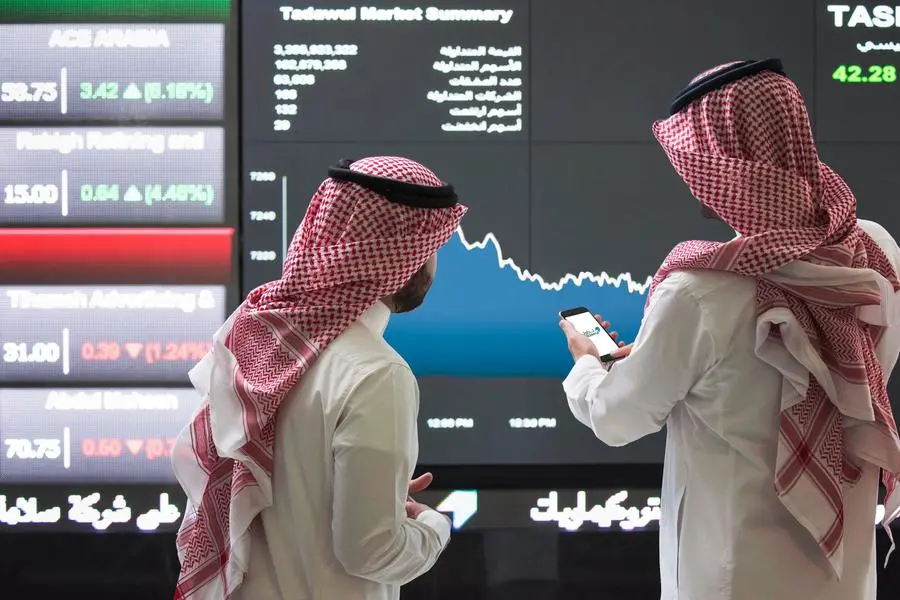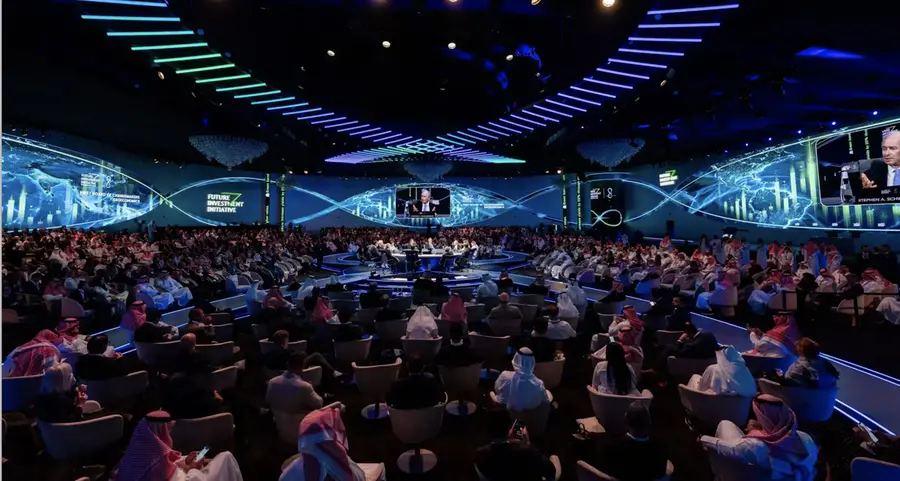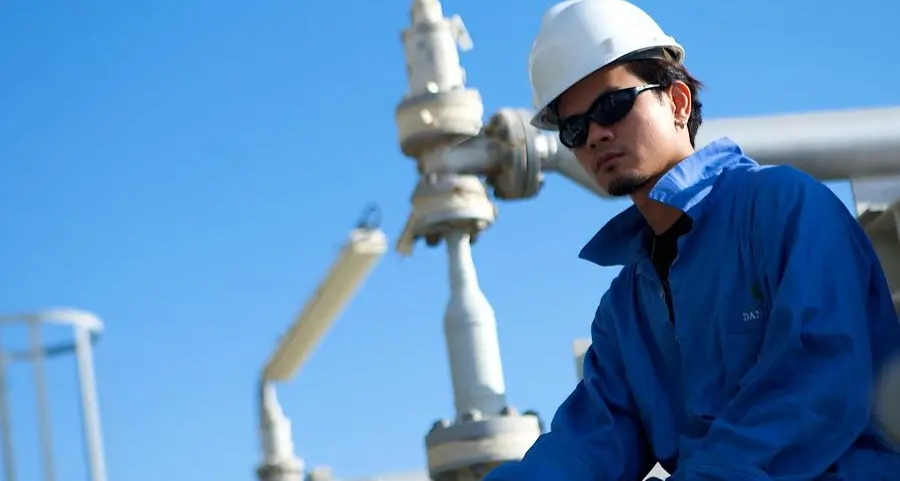In 2021, the recovery was driven by the hydrocarbon sector and a stronger recovery in the services sector, despite a drop in agricultural activity. On a full year basis, non-hydrocarbon GDP remained 1.6 percent below its 2019 level, while hydrocarbon GDP approached this level. The recovery in employment opportunities continued but remained incomplete, and inflation continued to rise.
The continued rise in global hydrocarbon prices has led to a marked improvement in macroeconomic balances. Algeria’s trade balance went from a deficit of 9.4 percent of GDP in 2020 to a 0.7 percent surplus in 2021, led by a 70 percent increase in hydrocarbon export revenues. Meanwhile, the overall budget deficit narrowed, from 12% to 7.2% of GDP, supported by the jump in hydrocarbon revenues, a moderate increase in non-hydrocarbon revenues, and the lack of a marked recovery in public investment.
In 2022, activity in the hydrocarbon sector should continue to support growth, and activity in the non-hydrocarbon sectors will return to its pre-pandemic level. Hydrocarbon exports are expected to remain at a high level, generating a current account surplus and a marked increase in fiscal revenues. Macroeconomic balances remain dependent on fluctuations in highly volatile world oil prices, in a context of uncertainty surrounding the evolution of the war in Ukraine and the dynamics of the global economy.
Distributed by APO Group on behalf of The World Bank Group.







